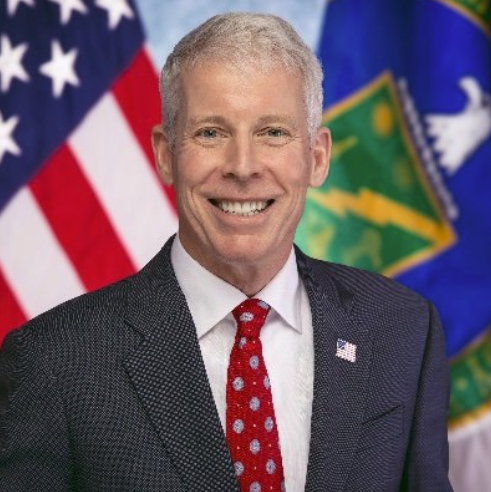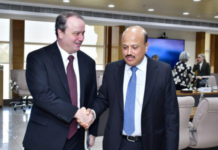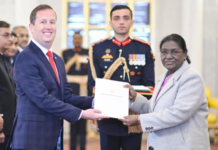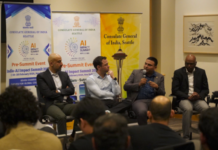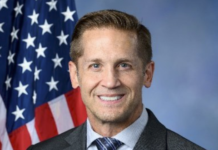WASHINGTON– U.S. Energy Secretary Chris Wright on Wednesday praised India as a “dynamic society” and an “awesome ally,” calling for deeper collaboration on energy as both nations look to strengthen economic and strategic ties.
“I’m a huge fan of India. We love India,” Wright said at a press conference in New York, noting the country’s rapid growth and surging energy needs. “It’s the world’s largest democracy, a fast-growing economy, a truly dynamic society with rapidly growing energy demand because people are increasing their prosperity and opportunities.”
Wright’s comments came a day after India’s Commerce and Industry Minister Piyush Goyal urged for expanded U.S.-India energy trade, highlighting opportunities in renewables and nuclear power as affordable clean energy options.
While acknowledging friction over India’s continued imports of Russian oil, Wright said President Donald Trump is using “tools and leverage” to try to bring peace in Ukraine. “We want to bring that war to an end. I believe the Indians want to bring that war to an end,” he said.
The Energy Secretary emphasized Washington’s interest in expanding cooperation across multiple sectors, including natural gas, coal, nuclear, and clean cooking fuels. “India has been a star in that area,” he said. “We want nothing more than more trade energy cooperation with India.”
Separately, U.S. Secretary of State Marco Rubio indicated that the administration may be open to easing the 25 percent tariffs imposed on Indian imports tied to Russian oil purchases. “We’ve imposed additional tariffs on India – and they’re a very close partner of ours – and we had meetings with them again yesterday,” Rubio told NBC News, adding that the issue was something “we hope we can fix.”
Rubio also called India a “very close partner” in another interview and emphasized its “critical” role in U.S. strategy after meeting with External Affairs Minister S. Jaishankar in New York on Monday. Jaishankar said the talks covered a wide range of bilateral and global issues, posting on X that both sides agreed on the need for “sustained engagement to progress on priority areas.” (Source: IANS)


